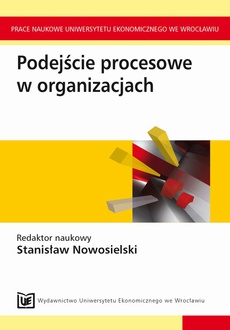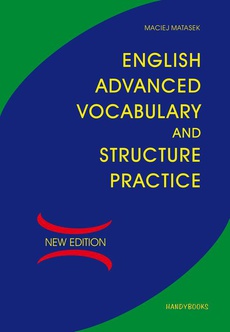POLECAMY
Variability in English across time and space
Redakcja:
Wydawca:
Format:
ibuk
Synchronic variability in the area of phonetics, phonology, vocabulary, morphology and syntax is a natural feature of any language, including English. The existence of competing variants is in itself a fascinating phenomenon, but it is also a prerequisite for diachronic changes. This volume is a collection of studies which investigate variability from a contemporary and historical perspective, in both native and non-native varieties of English. The topics include Middle English spelling variation, lexical differences between Middle English dialects, Late Middle and Early Modern English forms of address, Middle English negation patterns, the English used by Polish immigrants living in London, lexical fixedness in native and non-native English used by Polish learners, and the phenomenon of phonetic imitation in Polish learners of English. The book should be of interest to anyone interested in English linguistics, especially English phonetics and phonology as well as history of English, historical dialectology and pragmatics.
| Rok wydania | 2016 |
|---|---|
| Liczba stron | 160 |
| Kategoria | Publikacje darmowe |
| Wydawca | Wydawnictwo Uniwersytetu Łódzkiego |
| ISBN-13 | 978-83-8088-066-5 |
| Numer wydania | 1 |
| Język publikacji | angielski |
| Informacja o sprzedawcy | ePWN sp. z o.o. |
Ciekawe propozycje
Spis treści
| Michał Adamczyk, Realisations of the word-initial variable (th) in selected late middle English northern legal documents | 11 |
| Maciej Grabski, Multiple negation in Chaucer’s The Canterbury Tales as a marker of social status: a pilot study | 43 |
| Aleksandra Matysiak, The effect of previous language experience and ‘proper’ L2 input on the aspiration of English voiceless stops by Polish adult immigrants to London | 57 |
| Wojciech Rajtar, Formulaic language in native and learner English: a corpus-based study of silent pauses | 77 |
| Paulina Rybińska, Mandeville’s Travels and the study of Middle English word geography: a corpus-based analysis of selected verbs | 93 |
| Emilia Szczytko, Second-person pronouns and their relation with nominal forms of address in Late Middle English and Early Modern English personal letters | 121 |
| Magdalena Zając, Variability in L2 English pronunciation examined through the prism of phonetic imitation | 141 |

























